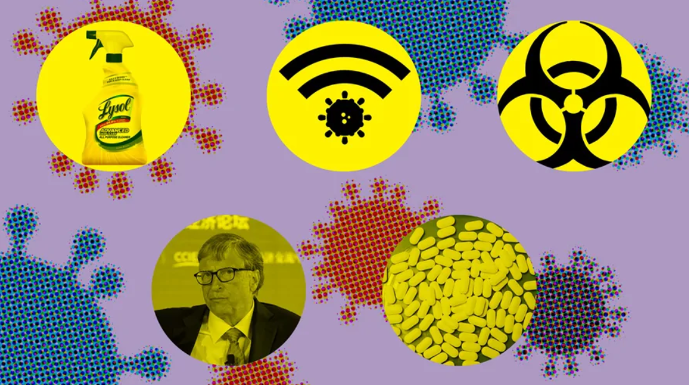Del Spooner: You are just a machine. An imitation of life. Can a robot write a symphony? Can a robot turn a canvas into a beautiful masterpiece?
I, Robot
Sonny: Can you?
Ow, that hit hard. Clever comeback but a valid point as well. However, the first piece of art “painted” by AI was sold for a whopping $432,500 fourteen years past the release of the movie. Nowadays, AI software is capable of creating decent Nirvana, Jimi Hendrix, Amy Winehouse, etc. songs analyzing their old stuff. Of course, it’s a bit premature to claim those materials authentic (probably that’s what Will Smith’s character meant) but still it’s impressive.
Information age
Information technology has completely changed the world, people and their way of seeing things. No wonder it was the foundation of The Fourth Industrial Revolution, which involved large-scale business process automation and artificial intelligence popularization. As a result, AI forms the basis of recommender systems and voice assistants, writes texts and music, recognizes speech and people’s faces. Companies are extensively using chatbots to communicate with customers. Neural networks survey consumers’ behavior and predict their needs (and maybe even shape them in a way) to personalize every offer and increase sales. However, here comes a tricky question. If “robots” are getting busy more and more, what’s there left for human beings?
In order to keep the technology functioning in a proper way there should be a competent service in place. Like it or lump it, but in this case, mankind serve their creation pandering to market trends. As Richard Stallman once said, “The computer industry is the only industry that is more fashion-driven than women’s fashion”.
Food for thought
Everything has its origin. All technologies have to start somewhere and the cradle is the man’s mind. Computers and other inventions making our tough enough life a bit easier are natural result of human evolution.
Now, we got to the point where it can be a double-edged sword.
No doubt, it requires an enormous amount of time and knowledge to bring to light a new state-of-art technology. It keeps inventors’ brain occupied around the clock. But what about consumers?
Our devices perform data processing and complex calculations much faster than our brain does. This is convenient. It saves both time and human resources. Why do we need to remember information when it is safely stored in our pocket, always ready for use? In fact, this is exactly what distinguishes people from machines. Basic knowledge, problem-solving skills, the ability to apply acquired knowledge to new and more complex tasks. All these make (or made?) us successful and competitive.
Is it possible to improve the quality of life without modern technologies?
Obviously, no, because IT provide it in many aspects, whether it is housing, food, healthcare, transport, energy, and so on. We missed that moment when a technological realm has encroached on our natural environment, admitted it afterwards and let it gradually fill the space. Eventually, it’s an integral part of our life, for better or worse.
Actually, it affects people. Society becomes more skeptical and critical-thinking being aware of large volumes of varying photo, video and audio editors because it’s possible to make up any baloney effortlessly. Nevertheless, some individuals still find an ample room for conspiracy theories. Illuminati and reptoids, broadband cellular network technology responsible for swine influenza and coronavirus. Even harmless Bill Gates, it turns out, have planned this pandemic out and now is trying to implant microchips in people (no good Bill, leave to Elon).

Finally
Information technology isn’t only “killing it” in business, but also making an impact on our entire life and even, to some extent, on the very understanding of what it means to be a human. However, it won’t be equal to a person in the near future. On the contrary, AI systems show their best performance when people are on board to manage, set goals, suggest optimal solutions. Even if it looks as fun as in the videos of guys from Boston Dynamics. No worries, those machines aren’t going to rage against “meatbags” as long as they follow The Three Laws of Robotics.
1,237 views
